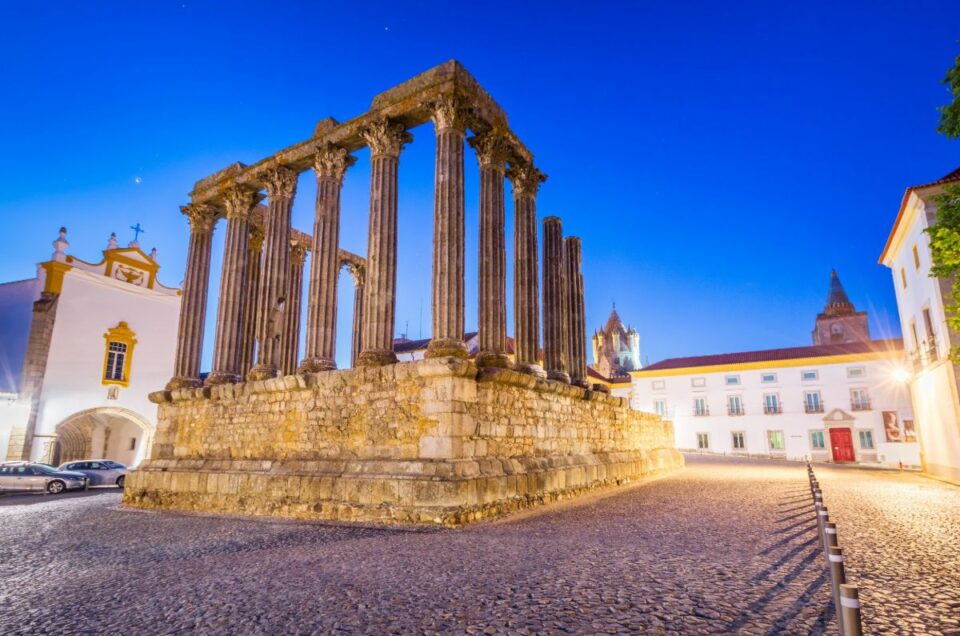justinpotts.com – Évora, a UNESCO World Heritage Site, is a captivating city in the Alentejo region of Portugal. Known for its well-preserved historical center and rich cultural heritage, Évora offers a fascinating journey through time. This article will guide you through the city’s remarkable history, stunning architecture, and vibrant traditions that make Évora a must-see destination.
A Walk Through History
Évora’s history stretches back over two millennia, with influences from Roman, Moorish, and Portuguese cultures evident throughout the city. The Roman Temple of Évora, often referred to as the Temple of Diana, stands as a testament to the city’s ancient past. This well-preserved monument, with its towering Corinthian columns, is a highlight of Évora’s historical landscape.
The city is also home to the iconic Évora Cathedral, a striking example of Gothic architecture. Its imposing facade and intricate details make it a must-visit site for history enthusiasts and architecture lovers alike. Inside, the cathedral houses a museum featuring religious art and artifacts that provide insight into the city’s spiritual heritage.
Architectural Marvels and Cultural Treasures
Évora’s charm extends beyond its historical landmarks. The city’s labyrinth of narrow cobblestone streets, whitewashed houses, and picturesque squares create a unique atmosphere that invites exploration. The Praça do Giraldo, the city’s main square, is a lively hub where locals and visitors gather to enjoy the vibrant café culture and admire the surrounding architecture.
One of Évora’s most intriguing sites is the Chapel of Bones, located in the Church of St. Francis. This eerie yet fascinating chapel is adorned with human skulls and bones, serving as a poignant reminder of the transient nature of life. It’s a unique attraction that reflects the city’s rich and varied history.
Embracing Local Traditions and Flavors
Évora is a city that celebrates its cultural traditions with pride. Throughout the year, the city hosts numerous festivals and events that showcase local music, dance, and crafts. The annual Évora Festival, for example, brings together performers and artists from across the region to celebrate the city’s cultural heritage.
The culinary scene in Évora is equally enticing, with a focus on traditional Alentejo cuisine. Visitors can savor dishes such as açorda (a bread-based soup) and migas (a dish made with leftover bread and flavored with garlic and herbs). Évora is also known for its robust wines, particularly those from the Alentejo region, which pair perfectly with the local fare.
Conclusion
Évora is a city that captivates the imagination with its rich history, stunning architecture, and vibrant cultural scene. Whether you’re wandering through its ancient streets, admiring its architectural marvels, or indulging in its culinary delights, Évora offers an unforgettable journey through time. As one of Portugal’s most enchanting cities, Évora invites travelers to explore its unique blend of past and present.

